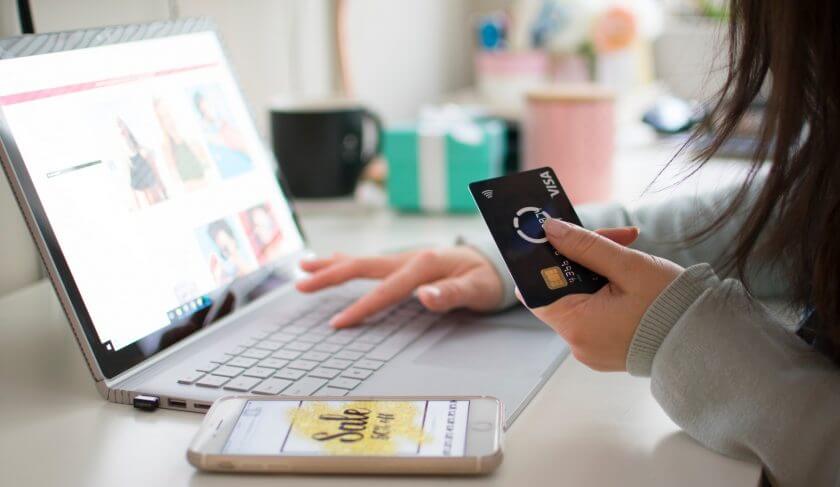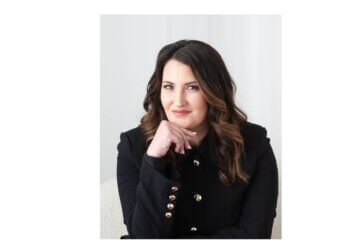Have you ever used a credit card to pay off another card? I’ll admit it: I am one of those people. At that time, I was living my life worry-free, making money and having fun. Anytime a friend said, “Let’s go out of town for the weekend,” I happily went along, regardless of my budget.
This led to more and more debt, which I continued to ignore, hoping it would take care of itself. The turning point for me was finally having the courage to look at my financial reality. But I was $187,000 in debt before I got to that point.
Don’t wait as long as I did. Whatever debt you’ve accumulated, it’s possible to change your credit card habits, provided you’re willing to be aware of your finances. Here’s how.
Take Control of Your Credit Card Habits
Look at the Numbers
To start, gather all your credit card statements and calculate the total amount you owe. Now, divide it by 12 for the whole year. Look at that figure. Is it possible for you to actually make a payment of that amount each month after subtracting your living expenses and any other debts?
If that seems impossibly high, then you’re living beyond your means – with the help of credit cards. Now, divide that number into 24, or even 36, giving yourself two or three years to pay off the debt.
Still not doable? Then commit to paying a small amount each month to your balance, even if it’s just $20. And in the meantime, stop using your credit cards until you get to a place where you are able to pay off the entire balance in full each month. To change your habits, you’ve got to make some different choices.
Stop Playing Into the Drama
Credit card debt is the highest it’s ever been in U.S. history, and everyone seems to have a horror story to tell. Well, it’s time to stop listening to your own trauma and drama and start looking at what actions you can take. At one point I had three different jobs, rather than sit and complain to my friends and family about my debt.
Anytime someone offered me paying work, I took it. Some jobs I loved; some I hated. Some were really slow. None of it mattered. I was constantly looking for what else I could do to make more money and put a dent into my debt.
Start Some New Habits
We’re taught that the value of money is spending it or saving it to spend later. How many people pay off their credit cards and think, “Great! I’ve got another $10,000 (or whatever their credit limit is) to spend?”
Start a new habit. Allow yourself to have money in your life and watch it grow. One of the best tools for this is the 10% account. That’s where you put away 10% of every single cent you get as a gift to yourself. It’s not your emergency fund or to pay bills. It’s about being grateful for you.
When I first started my 10% account, I was still in debt. Even though it made no sense, I started putting aside 10%, and after three or four months, I no longer had panic and stress about money. It changed the energy around money for me.
When You Do Spend, Buy Things That Last
Once you’ve gotten a handle on your debt, try using your credit card to purchase things of intrinsic value. You could start by buying a silver teaspoon to stir your coffee. Find out the price of silver and buy a spoon for less. Learn about things of intrinsic value that bring you a sense of wealth. If not a material object, what about a subscription to a publication that makes you rich in other ways?
Use Your Card to Your Advantage
Having a credit card isn’t bad in itself. There are ways to use it to your advantage without creating more debt. I now use my credit card for a lot of different things. At the end of each month when I pay it off, I’ve usually accumulated a ton of miles on my frequent flyer card. That means I could get upgraded to business class or first class when I travel. That’s the joy of business. How could you use your credit card to your advantage?
To be clear, this is not financial advice. These are practical tools that will help you change your money habits – and your attitude around money – so try these approaches and see how they change your outlook.
SUBSCRIBE: Want to learn from some of the world’s most successful women? Subscribe to HerMoney today!








